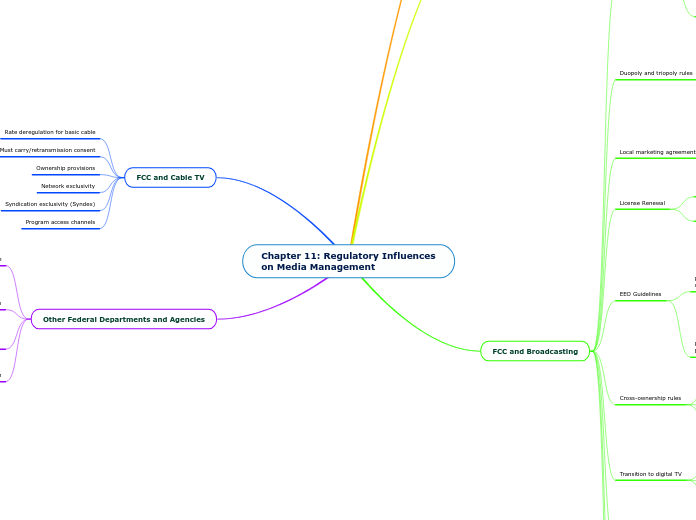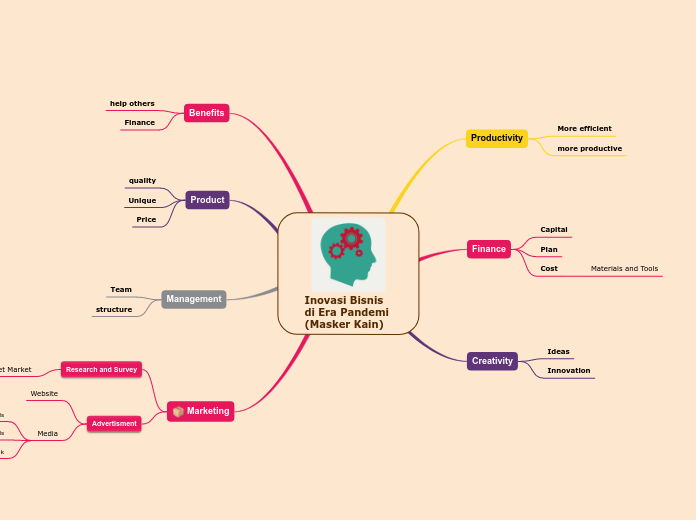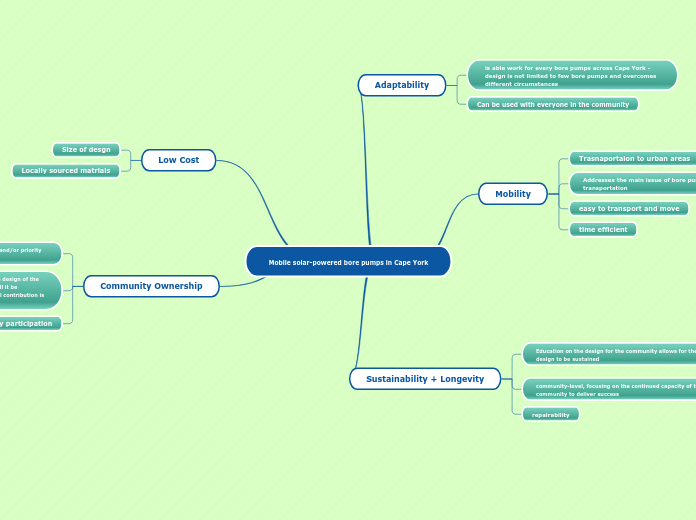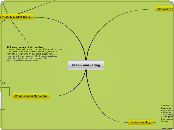Chapter 11: Regulatory Influences on Media Management
Other Federal Departments and Agencies
Federal Aviation Administration
Fines broadcast stations for not properly maintaining proper lighting for towers and antennas
Potential risk to aviators due to broadcast towers
National Telecommunications and Information Administration(NTIA)
Advises the president on telecommunications issues
Federal Trade Commission
Investigates false or deceptive advertising as well as unfair trade practices
Advertising regulations in the US
Department of Justice
Concerned with anticompetitive practices
Gauges impact of mergers and acquisitions
FCC and Cable TV
Program access channels
Syndication exclusivity (Syndex)
Network exclusivity
Ownership provisions
Must carry/retransmission consent
Rate deregulation for basic cable
FCC and Broadcasting
V-chip requirements
Mandated that new TV receivers must be equipped with a V chip
Give parents the option to block unwanted programs
Used in conjunction with a voluntary ratings system for TV programming
Operating and technical requirements
Failure will result in fines for the station
License specifies channel for,
Compliance of the Common alert protocols/Emergency Alert System(CAS-EAS)
Maintenance of antenna and tower lights
Hours of broadcasting
Transmitter power
Channel for operation
All broadcast stations must follow strict operating guidelines
Public file
Stations must handle phone requests for info from the public file during business hours
All broadcast stations must maintain certain docs and info in a file available for public inspection during regular business hours
Transition to digital TV
FCC wants to reclaim 120 MHz from analog spectrum from TV broadcasters and reallocate it to wireless services
Commission has not required MVPDs to carry additional digital channels
Required existing analog stations to convert to digital TV transmission and move to a new digital channel
Cross-ownership rules
Liberalized cross ownership restrictions in regard to newspaper -TV cross ownership but limits to top 20 markets.
Cable operators may acquire broadcast stations but not broadcast networks
Allows broadcast station to acquire cable systems
EEO Guidelines
Requires record keeping and reporting requirements related to EEO initiatives
Require broadcasters and multichannel video program distributors(MVPDs or cable and satellite operators) to
Engage in long term recruitment initiative to inform public about employment opportunities
Internship programs
Scholarships
Job fairs
Provide notice of vacancies to recruitment agencies requesting notices
Widely distribute info on full time vacancies
License Renewal
FCC eliminate some procedures for challenging a license renewal
Both TV and Radio licenses extended to 8 years
Local marketing agreements
Most existing LMAs would be allowed to become TV duopolies
Allow 1 station to take over the programming and advertising sales for another station in the market without assuming ownership
Duopoly and triopoly rules
Triopoly
Ownership of 3 tv stations allowed if there is at least 18 tv stations in the market
One of 3 stations rated among the 4 highest allowed
2 TV stations owned in the same market reduces number of radio stations a provider may own
Depends on market size and number of stations
2 tv stations owned by same provider is allowed provided 8 stations remained postmerger
No duopoly is allowed among the top 4 stations in terms of market share
Ownership limits
No individual may reach more than 39% of national audience
For local, number of radio stations owned depends on number of tv stations someone control
1996 telecommunications act eliminated limits for radio
Limits on number of broadcast stations someone may own
FCC and Telecommunications Regulation
FCC’s Programming Policies
Contests
Lotteries
Broadcasting a hoax
Equal time provisions
Indecency
Obscenity
TV ratings system
Children’s TV Programming









